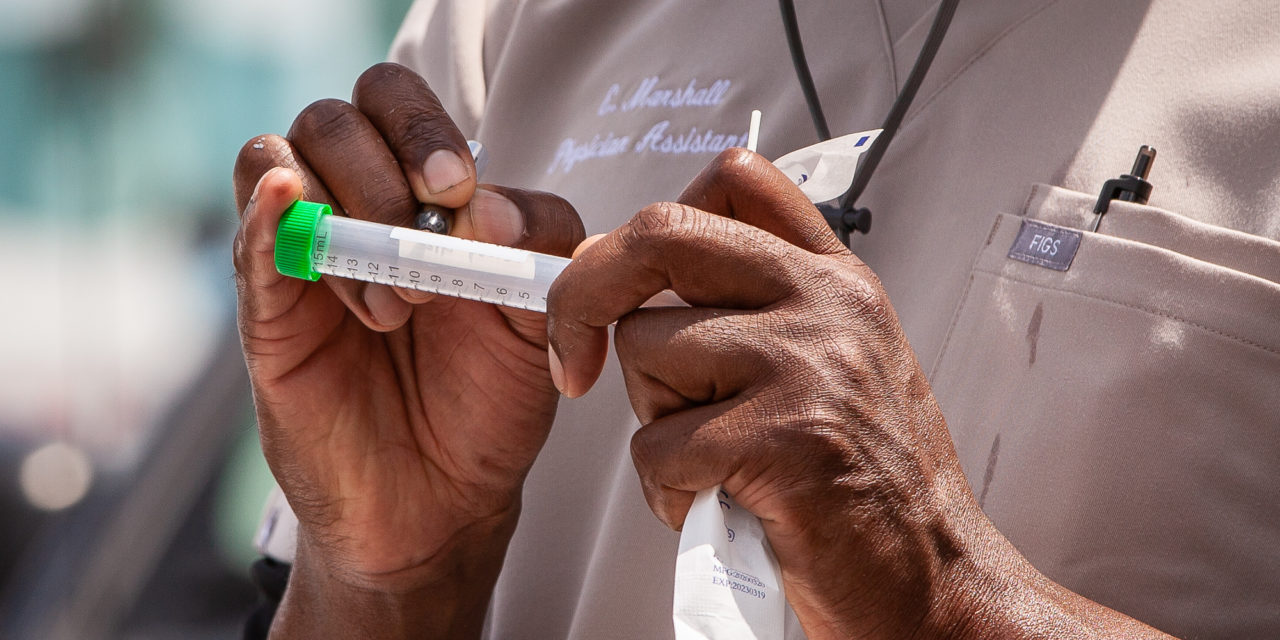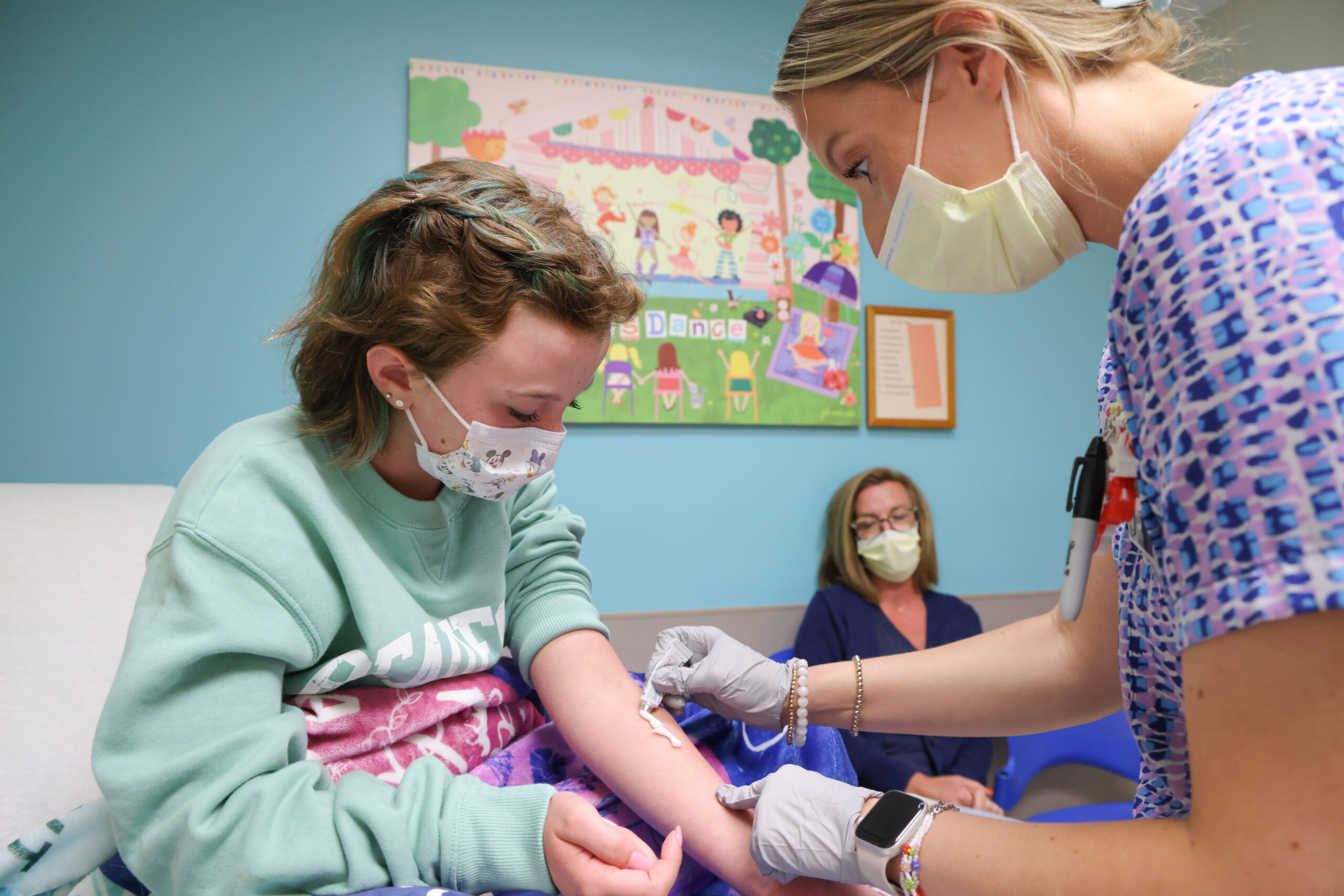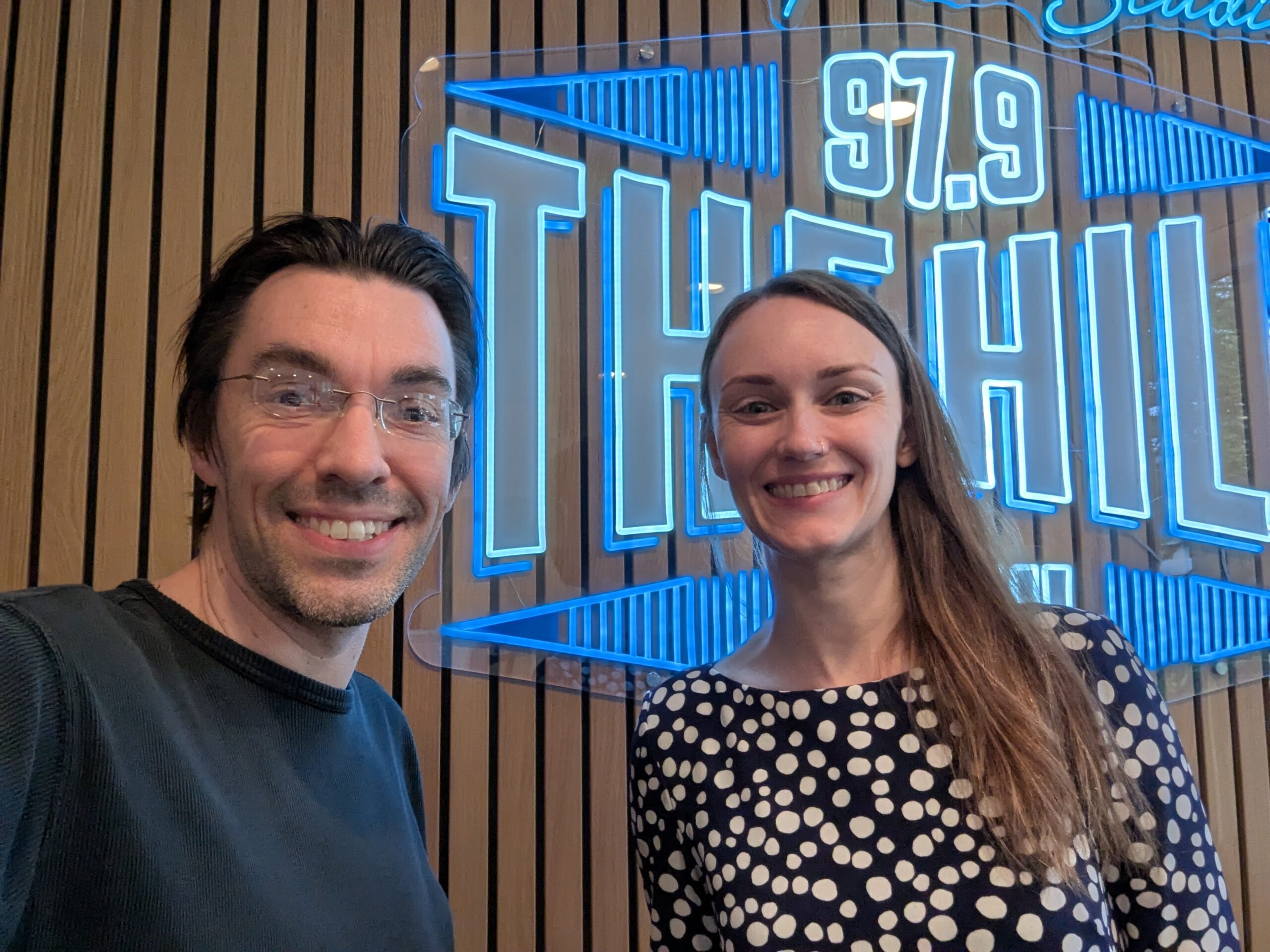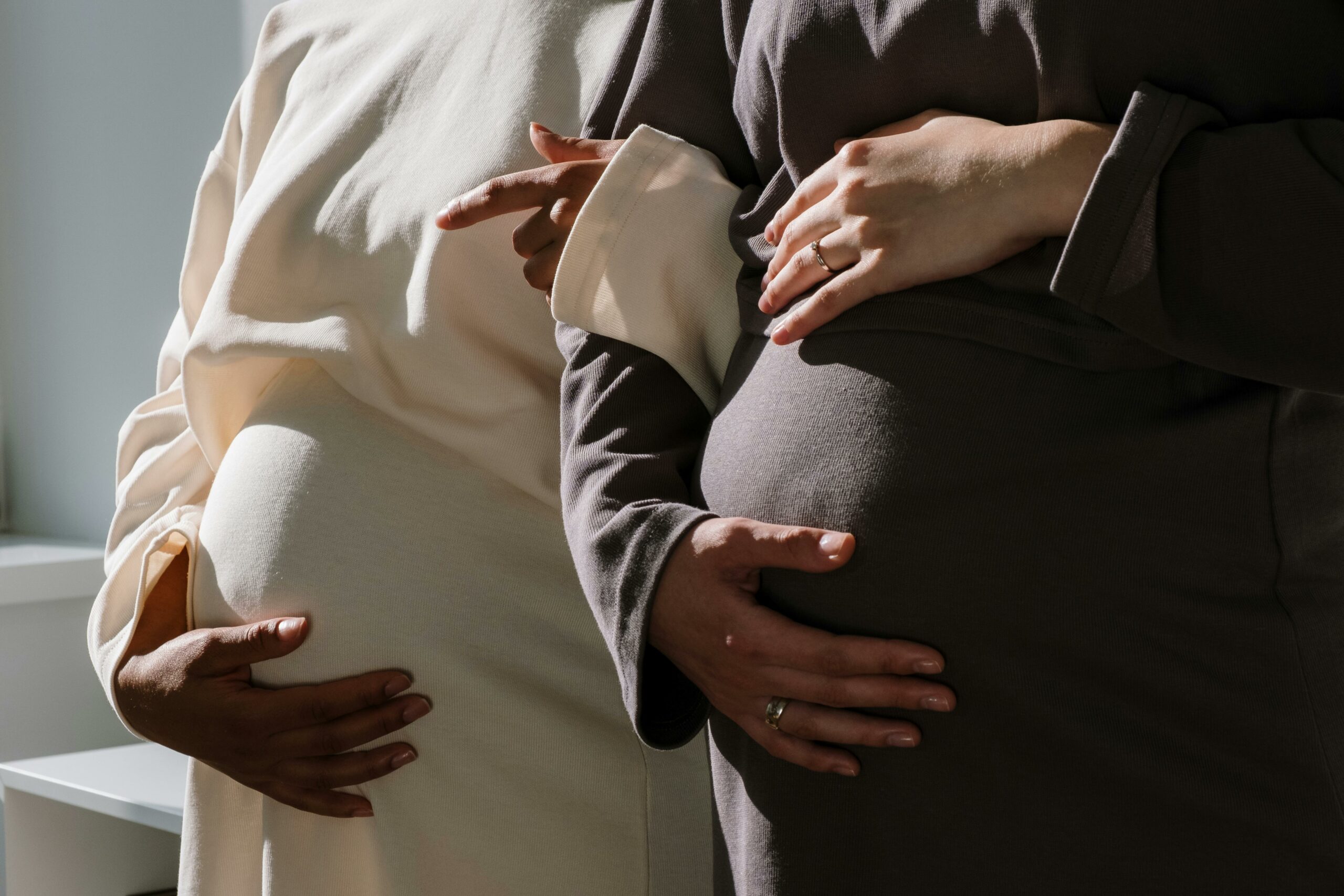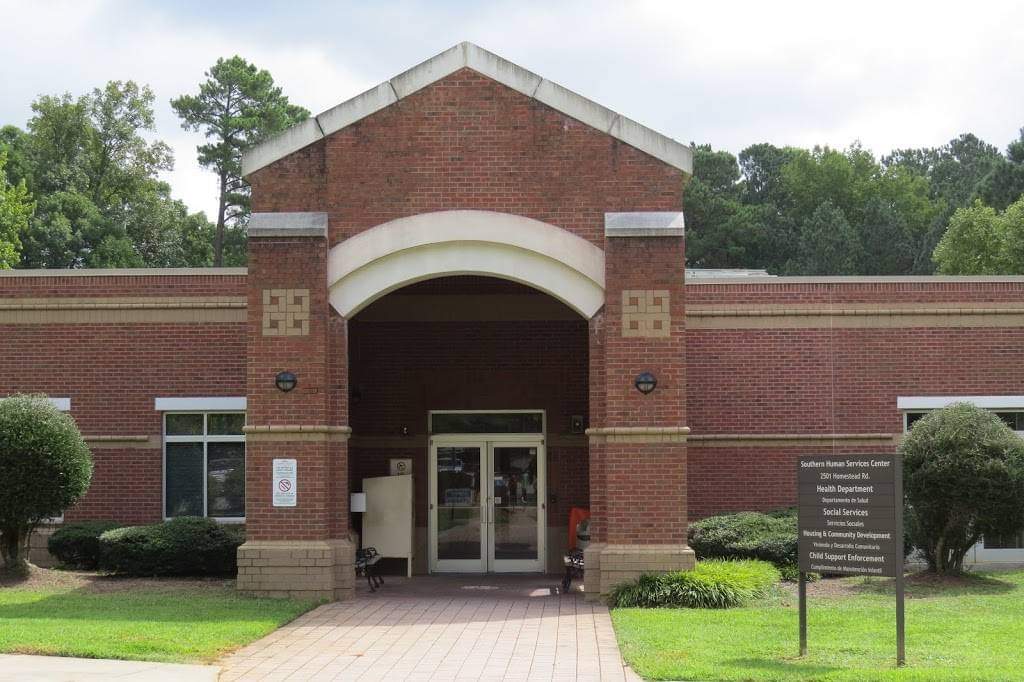For many of us, COVID-19 may largely be an afterthought. With the prevalence of vaccines, tests, and new research, spread of the virus’ mutations is slower.
For Mike DeFranco, however, thinking about COVID and the next steps of responding to this stage of the pandemic is his job. As the communicable disease coordinator for Orange County, he says it’s key to remember new cases happen each day.
“It’s always there, we’re always aware of it,” DeFranco says. “And [we’re also] eagerly anticipating what this is going to look like moving into the summer, into the fall. What are the new practices, recommendations, reporting duties? All of it seems like it’s this constant, evolving process.”
Part of that process is balancing the county’s COVID-19 resources against the demands and the necessity for them. After nearly three years of offering PCR tests for COVID-19, the Orange County Health Department has officially halted its testing services. One week ago, the final test was administered at the Southern Human Services Center in Chapel Hill, as the county continues to transition to this new era of responding to the virus. It comes after a gradual scaling back of the services, with a shuffling of hours in August 2022 preceding a reduction to two days a week in one location.
While the twice-weekly testing through the county government is now wrapped up, DeFranco says Orange County Health Department does still offer free at-home test kits for residents.
“I still like the idea of having access to testing – it’s unfortunate that money always seems to be a curtailing aspect of [services],” he says. “But we still have reliable and very decent at-home antigen testing and I think the onus is on us and other health communities [to help] individuals understand the best way to manage and utilize these home tests.”
DeFranco was one of the members of Orange County’s “Strike Team” that built a local response to the pandemic during its earliest waves. The area is long removed from the peak of demand in the county for COVID tests, with DeFranco saying there were some days health workers tested between 150 and 200 people at designated sites.
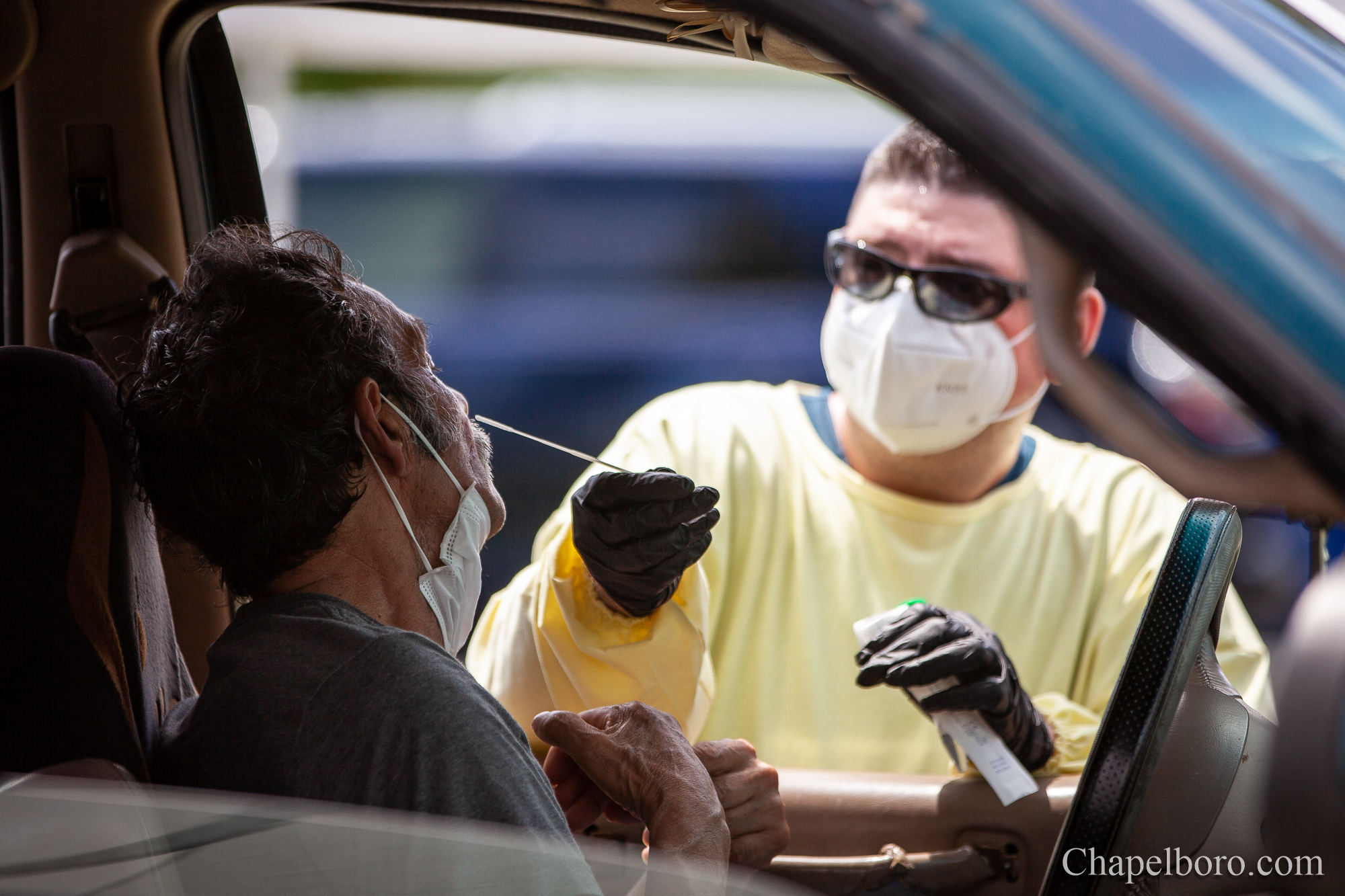
A driver is given a nasal swab as part of a drive-thru COVID-19 testing site at Carrboro High in July 2020. The Orange County Health Department partnered with several entities to offer widespread testing for the virus during 2020 and 2021, with the services being significantly scaled back in 2022 when vaccines and at-home tests became more common.
The disease expert says the subsequent research and latest COVID-19 trends are all encouraging compared to those early days. Although he says it’s fair to speculate whether there are more cases than reported due to at-home tests, society’s protocol for staying home with symptoms makes a difference in how often the county’s resources are required.
“Looking back, I just feel like there was so much to be done at the beginning,” says DeFranco. “Now, looking at March and April 2023 and the finale of this open, community-wide testing…gradually, over the last six months, [participation] has definition started to shrink.”
Mitigation efforts and preventative steps are still critical, though, according to Orange County Health Department. The state government reports Orange County still tracks as one of the communities with a higher vaccination rate: 79 percent of the population reports having an initial series of shots, and 77 percent of that group got at least one booster shot. But as seen last winter, COVID-19 cases will likely rise and fall based on weather and new mutations.
DeFranco says the county is also continuing to scale back its vaccine services – but only for walk-in appointments. Friday, April 14 will be the last day to get a COVID-19 vaccine at the Southern Human Services Center before the services are transitioned into those offered at the Orange County Health Department.
“That will continue – exactly what’s the formulation is the big question,” says DeFranco. “There’s still a lot of ‘hurry up and wait.’ So, we’re waiting to find out what this looks like – as well as the commercialization [of vaccines], because it sounds like the federal government is going to be getting out of the vaccine ‘business.’ So, what will this look like? I don’t have that answer.”
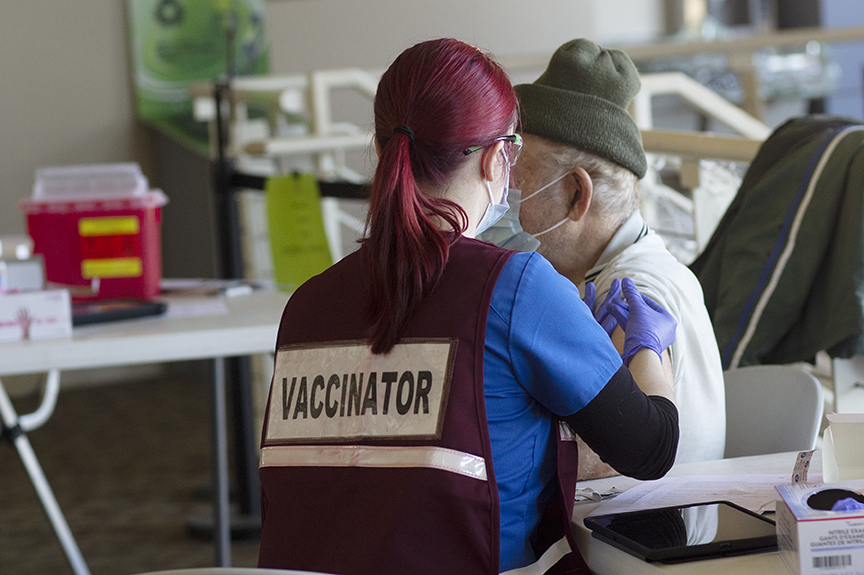
A worker with the Orange County Health Department gives a COVID-19 vaccination during an event at the Seymour Center in Chapel Hill. While vaccine services will still be offered, the health department is transitioning to no longer giving shots to walk-in visitors. (Photo via the Orange County government.)
While that guidance and broader response to ongoing COVID-19 will continue to change, DeFranco said one mitigation step is still tried-and-true: masking when you’re experiencing symptoms. He said more research will lead to more advancement, but wearing a mask will continue to be a way to limit spread if sick residents can’t stay home.
“If you’re not feeling well and need to go out into a public arena,” adds DeFranco, “by putting a mask on – the single individual, who’s not feeling in tip-top shape and a-okay – you’re being a great steward to your community and protecting [them].”
Chapelboro.com does not charge subscription fees, and you can directly support our efforts in local journalism here. Want more of what you see on Chapelboro? Let us bring free local news and community information to you by signing up for our biweekly newsletter.

